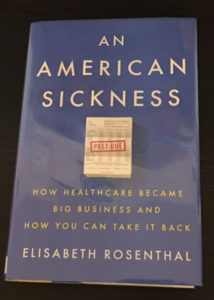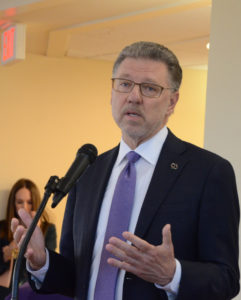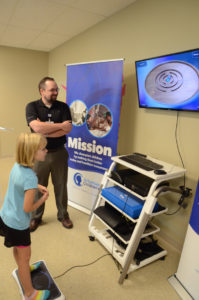Dr. Denise Faustman believes type 1 diabetes might could be cured using a tuberculosis vaccine already sold as a generic. Unfortunately, she’s had trouble obtaining funding for research. Too many people have a financial incentive to keep the status quo.
Faustman, a Harvard Medical School researcher, found that the vaccine, long sold on the market, showed promise when tested on mice.
That would be big news, especially for the 1.25 million Americans living with type 1 diabetes. And it did cause a stir when she published the initial results – in 2001.
However, the pharmaceutical industry wasn’t interested in funding further research because it didn’t see a pathway to profits using a drug that’s already on the generic market. The big medical foundations haven’t wanted to fund her research because they’re allied with the pharmaceutical industry – in fact, often financially invested in its products. Despite the roadblocks, Faustman managed to find enough funding to publish further research in 2012. Now she’s trying to raise money through her website, www.faustmanlab.org.
Rosenthal: They’re paid to treat, not heal
Faustman’s story is one anecdote in “An American Sickness,” a book by Elisabeth Rosenthal, a medical doctor who became a New York Times reporter and is now editor in chief of Kaiser Health News. If you want to better understand why the American health care system is failing, read this 330-page book. Continue reading America’s health care sickness: Paid to treat, not heal



